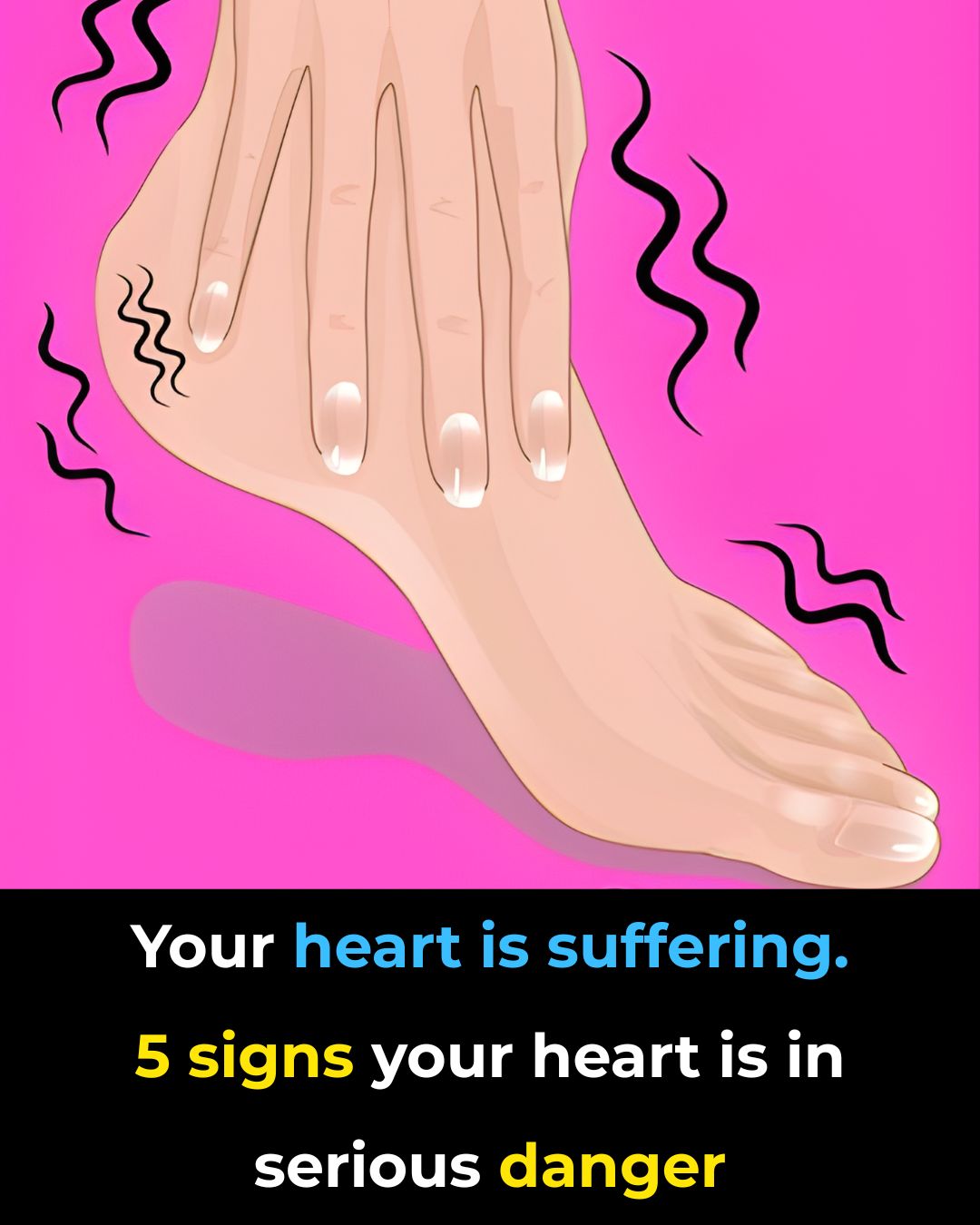2. Shortness of Breath During Normal Activities
If you find yourself winded walking to the mailbox, climbing stairs, or lying flat, don’t assume it’s just deconditioning.
When the heart’s pumping ability declines, fluid backs up into the lungs, making breathing harder.
✅ Often appears with:
Swelling in the ankles or feet
Needing extra pillows to sleep comfortably
Waking up breathless or coughing at night
💡 Known as dyspnea, this is a hallmark of heart strain.
🩺 Tip: If shortness of breath appears suddenly, or worsens without clear cause, it’s not something to “wait and see.” Get checked promptly.
3. Swelling in Legs, Ankles, or Feet (Edema)
Notice puffiness in your lower legs or shoes fitting tighter by evening? Press on your shin — if it leaves an indentation, that’s fluid buildup.
When the heart weakens, blood flow slows and pressure rises in the veins. Fluid then seeps into surrounding tissues, often starting at the ankles and moving upward.
⚠️ Other possible causes: kidney or liver disease, vein problems, certain medications.
But heart-related swelling tends to occur on both legs and worsens over time.
🩺 See a doctor if swelling is persistent, painful, or accompanied by fatigue or breathlessness.
💡 Practical step: Elevate your legs for 15–20 minutes a few times daily to encourage circulation — but never rely on home fixes alone if swelling is new or unexplained.
4. Chest Discomfort or Pressure (Not Always Pain)
Movies make heart attacks look dramatic — clutching the chest, collapsing suddenly.
But in reality, early heart symptoms can be much subtler.
You might feel:
Dull pressure, heaviness, or fullness in the chest center
Burning that feels like indigestion
Tightness that comes and goes, especially with exertion
✅ May spread to: the arms, neck, jaw, back, or upper stomach
✅ Can occur at rest or during mild activity
🚨 Rule of thumb: Any chest discomfort lasting more than 5 minutes or returning repeatedly should be treated as an emergency. Time lost equals heart muscle lost.
💡 For women: chest symptoms may be mild or absent — fatigue, nausea, or jaw pain may be your only warning.
5. Dizziness, Lightheadedness, or Fainting Spells
Feeling faint when standing up, turning your head, or walking can signal that your heart isn’t maintaining steady blood flow.
Irregular heart rhythms (arrhythmias), structural heart issues, or drops in blood pressure can all cause dizziness or fainting.
🩺 Important: Syncope (fainting) — especially during exertion — should always be investigated. It can signal underlying electrical instability that increases the risk of sudden cardiac events.
💡 Keep track: Note when dizziness happens — after meals, during exertion, or when changing position — this helps your clinician identify triggers.
